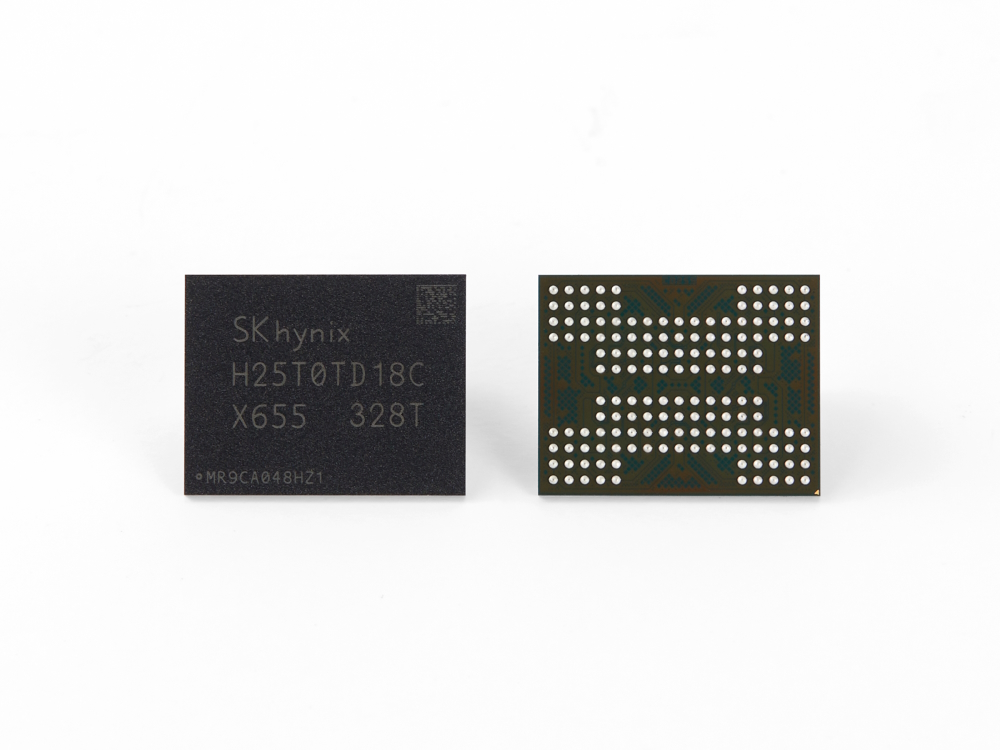SK Hynix has taken centre stage at the Flash Memory Summit (FMS) 2023, unveiling a remarkable milestone in NAND technology. The company showcased its cutting-edge 321-layer 4D NAND memory, marking a significant stride towards the industry's first NAND solution boasting over 300 layers.
In a presentation at FMS 2023, SK Hynix delved into the progress of their pioneering 321-layer 1Tb TLC1 4D NAND Flash. Attendees were treated to a firsthand look at the groundbreaking samples, highlighting the company's prowess in pushing the boundaries of NAND development. This momentous event unfolded in Santa Clara from August 8th to 10th.

Image credit: SK Hynix.
Drawing on the technological expertise honed from the development of the world's highest-capacity 238-layer NAND, already in wide-scale production, SK Hynix charted an expedited course for the 321-layer variant. This strategic breakthrough overcame stacking limitations, propelling SK Hynix into the era of NAND with over 300 layers, poised to lead the market forward.
The 321-layer 1Tb TLC NAND delivers a 59% upswing in productivity compared to its predecessor. This leap is attributed to technological advancements that enable more cell stacking and expansive storage capacities on a single chip. The outcome? A substantial increase in total production capacity per wafer.
The upcoming memory modules will be used in PCIe 5.0 SSDs, like the one shown during the announcement. SK Hynix aims to refine the 321-layer NAND memory and commence mass production of this new technology by H1 2025.
Discuss on our Facebook page, HERE.
KitGuru says: Although SK Hynix may have been the first, companies working in the sector such as Samsung and Micron should follow soon.
 KitGuru KitGuru.net – Tech News | Hardware News | Hardware Reviews | IOS | Mobile | Gaming | Graphics Cards
KitGuru KitGuru.net – Tech News | Hardware News | Hardware Reviews | IOS | Mobile | Gaming | Graphics Cards


